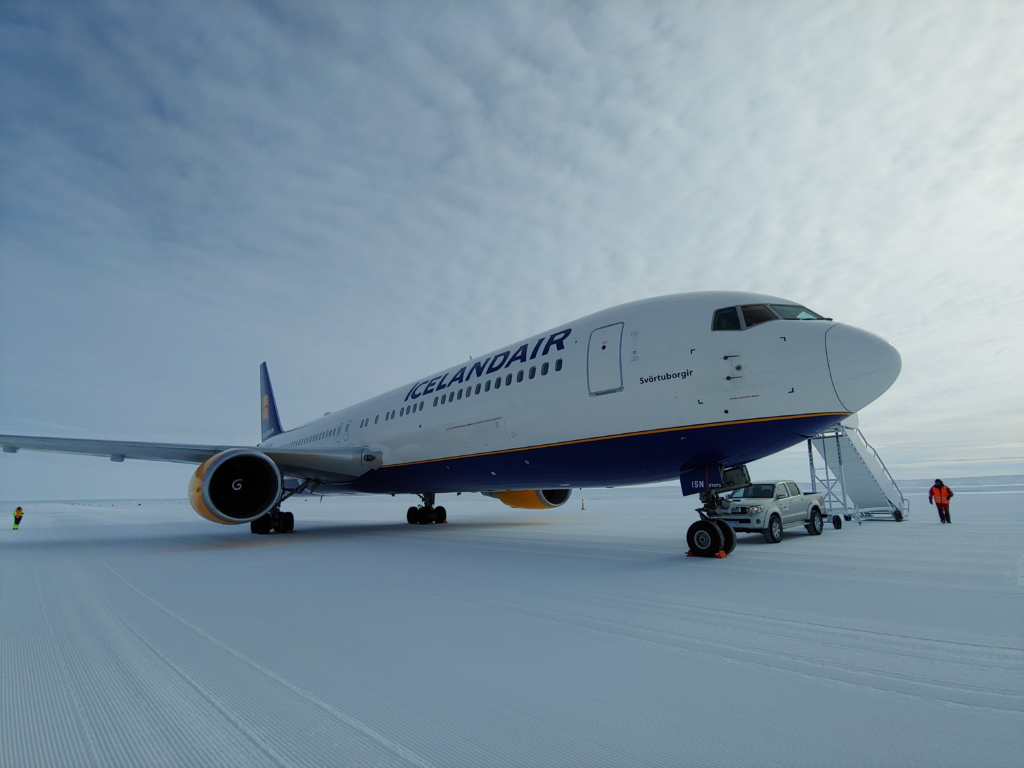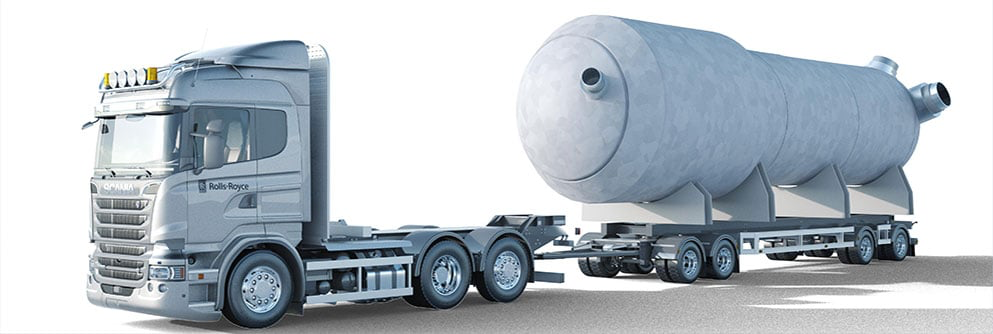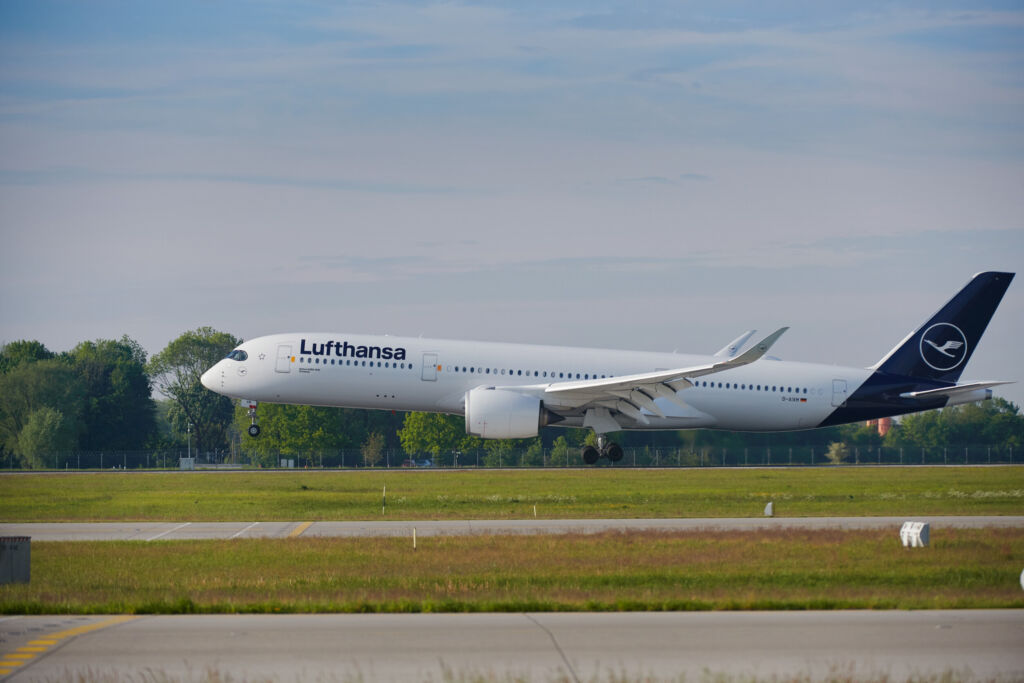Icelandair Flies to Antarctica and Back
Last week, an Icelandair (Iceland: ICEAIR.IC) Boeing 767 (TF-ISN), landed at Troll airfield (QAT) at the Troll research station operated by the Norwegian Polar Institute in Dronning Maud Land, Antarctica. The flight was operated by Loftleiðir (Icelandair's charter-flight subsidiary) to offload…


